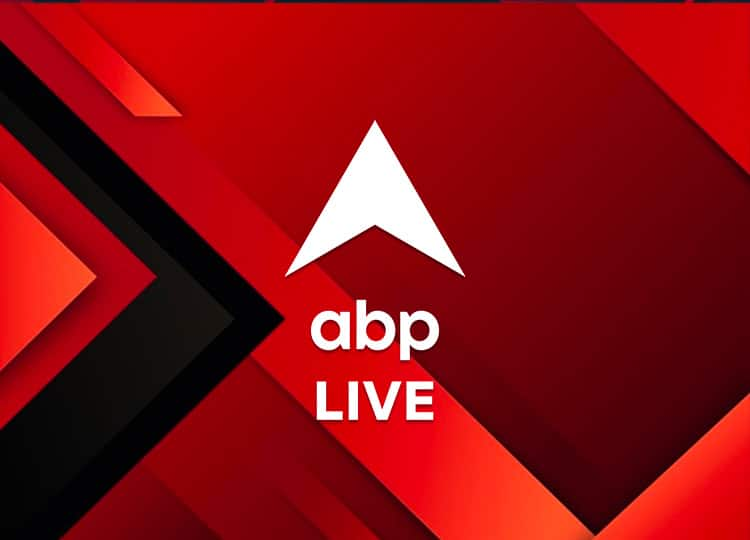Germany's move to help arm Ukraine signals historic shift
Vienna, Feb 28 (AP): Germany's stunning decision to send anti-tank weapons and surface-to-air missiles to Ukraine — abandoning its long-held refusal to export weapons to conflict zones — is nothing less than a historic break with its post-World War II foreign polic.

Vienna, Feb 28 (AP): Germany's stunning decision to send anti-tank weapons and surface-to-air missiles to Ukraine — abandoning its long-held refusal to export weapons to conflict zones — is nothing less than a historic break with its post-World War II foreign policy.
"A new reality," Chancellor Olaf Scholz called it in an uncharacteristically rousing speech on Sunday to a special session of parliament. The typically low-key Chancellor Scholz said Russia's invasion of Ukraine required a dramatically different response from Germany than in the past.
"With his invasion of Ukraine on Thursday, President Putin created a new reality," Scholz told the Bundestag, his speech repeatedly greeted by applause, particularly his condemnations of the Russian leader. "This reality demands a clear answer. We've given one." Scholz said Germany is sending anti-tank weapons and surface-to-air missiles to Ukraine. He also said the country is committing 100 billion euros (USD 113 billion) to a special fund for its armed forces and will raise its defence spending above 2 per cent of GDP, a measure on which it had long lagged.
Germany's about-face served as a potent example of just how fundamentally Russia's war in Ukraine is reshaping Europe's post-World War II security policy.
Germany's foreign policy has long been characterised by a strong aversion to the use of military force, an approach German politicians explain as rooted in its history of military aggression against its neighbours during the 20th century.
While a strong U.S. ally and NATO member, post-war Germany has attempted to maintain good ties with Moscow, a policy also driven by business interests and Germany's energy needs.
"Many of the things that Olaf Scholz said would have been unthinkable even months ago," said Marcel Dirsus, a nonresident fellow at the University of Kiel's Institute for Security Policy. "It's become very clear that Russia has simply gone too far, and as a result, Germany is now waking up." Still, until this weekend, the German government had balked at sending weapons to Ukraine, even as it faced growing international criticism for its hesitation.
But then, a series of announcements starting Saturday evening rocked traditional notions of German policy.
It began with word from the government that it would allow the shipment of 400 German-made anti-tank weapons from the Netherlands to Ukraine, something it had thus far refused to do.
Shortly afterwards, the chancellor's office went further and said it would send its own weapons, including 1,000 anti-tank weapons and 500 "Stinger" surface-to-air missiles, directly to Ukraine. It also committed to targeted bans on Russian banks from the SWIFT global financial system, which German leaders had expressed reluctance to do.
On Sunday, the breaks with the past continued, with Scholz committing to greater defence spending.
The developments were all the more notable considering they followed another historic decision last week, when Germany took steps to halt the process of certifying the Nord Stream 2 gas pipeline from Russia.
Germany's reluctance to send German-made weapons to Ukraine had earned the country criticism from NATO allies in recent weeks. Although Germany is one of the world's top weapons exporters — it exported arms worth 9.35 billion euros in 2021 — it has long had a policy of not sending lethal weapons to conflict zones. Until Saturday, German leaders had refused to send anything other than 5,000 helmets to aid Ukraine.
Scholz's Sunday announcement about defence spending will, at least for the time being, put to rest the oft-repeated criticism that Germany is not adequately contributing to its own and NATO's defence.
The country was a favourite target of former U.S. President Donald Trump for its failure to spend 2 per cent of its GDP on defence, a target for NATO members. According to NATO figures, Berlin spent around 1.53 per cent of GDP in 2021, or almost USD 65 billion. Its budget has grown annually for several years.
In balking at new spending, Berlin always insisted that Germany was investing enough to fulfil any NATO military requirements. Officials also noted that by spending that kind of money, Berlin's defence budget would surpass that of Russia, and possibly make its own European neighbours nervous.
NATO countries slashed their military budgets in the 1990s after the Cold War, but they were spurred back into action when Russia annexed Ukraine's Crimean Peninsula in 2014. That year, the allies pledged to halt the cuts and move toward spending 2 per cent of GDP by 2024.
German officials backed up their policy U-turn by calling it a necessary adjustment to a new normal.
"We cannot leave Ukraine defenceless against the aggressor who is bringing death and devastation to this country," Annalena Baerbock, Germany's foreign minister, said on Sunday. "If our world is different, then our politics must be different as well." The decisions were met with praise by many of the Ukrainian leaders and European allies that had been most critical of Germany in recent weeks.
"Keep it up, Chancellor @OlafScholz!" Ukrainian President Volodymyr Zelenskyy tweeted on Saturday night after the news of weapons shipments. "Anti-war coalition in action!" (AP) DIV DIV
(This story is published as part of the auto-generated syndicate wire feed. No editing has been done in the headline or the body by ABP Live.)






































